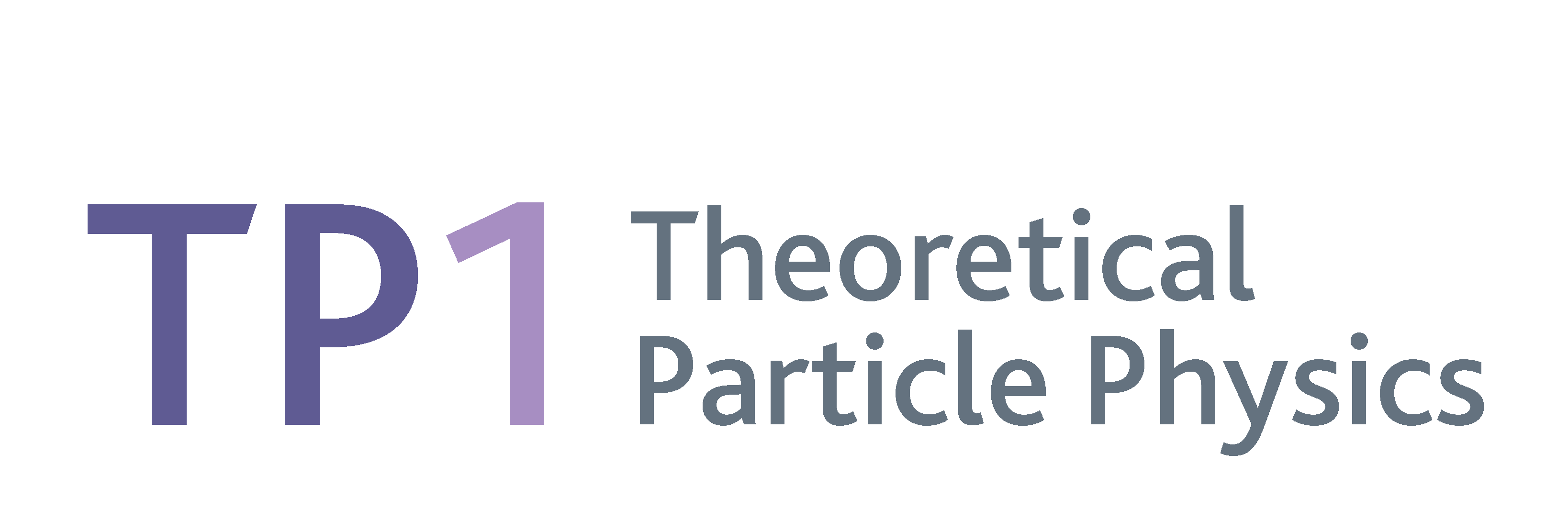TP1 Research Group – Prof. Dr. Wolfgang Kilian
Our research is focused on embedding the Standard Model of elementary particles, with the Higgs boson as its keystone and most recent addition, as an effective theory in a more fundamental context. We consider, in particular, the possibilities of discovering new effects in collider experiments.
The Higgs particle is closely tied to the flavor interactions of matter, and its discovery opens the portal to a new sector in particle physics. We study scenarios and models where matter and Higgs particles organize themselves under new symmetries, which can connect quark and lepton interactions and combine the various forces in a unified picture.
Additional particles and interactions in the Higgs sector manifest themselves in characteristic signals that are or may become accessible in modern high-energy colliders. While the Standard-Model predictions for collider processes have been computed to great precision, parameterizing generic deviations in a sensible and consistent way is still challenging. We derive new approaches and methods that enable us to handle a wide range of possible signatures.
We study new particles that are potentially coupled simultaneously to Higgs bosons, weak bosons, and flavored fermions, and consider interesting scenarios in the context of models such as supersymmetry, Little Higgs models, and extended gauge theories.
Precise predictions for collider physics require powerful computational tools. We have developed and maintain the universal Monte-Carlo event generator WHIZARD, which is designed to calculate and simulate virtually all elementary processes of interest at the LHC and, in particular, the planned International Linear Collider (ILC).



